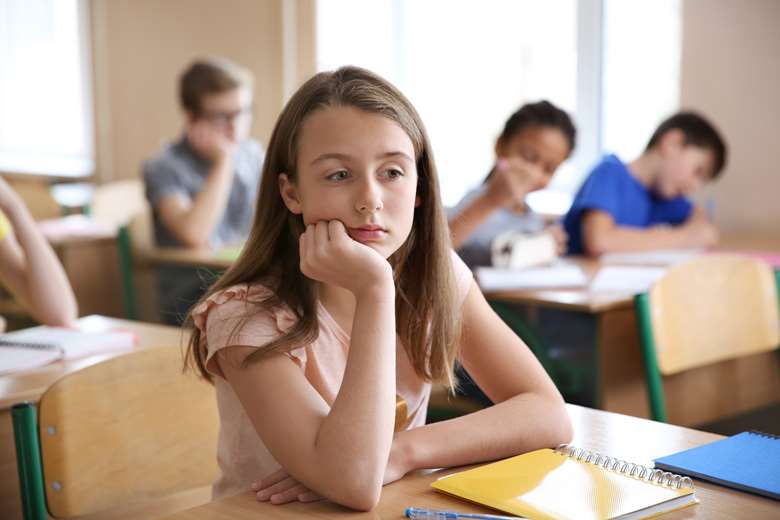Pandemic pressures behind children's mental health crisis, experts warn
Nina Jacobs
Friday, February 4, 2022
One in six children is struggling with their mental health and more than a third of young people on waiting lists have yet to start treatment, research shows.

The latest analysis published by the children’s commissioner for England Rachel de Souza, to mark the start of Children’s Mental Health week, reveals the significant impact the pandemic has had on children’s mental health.
The briefing draws on NHS data that showed one in nine children in 2017 had a probable mental health condition.
But that figure increased to one in six in 2020 and 2021 due to the additional pressures on children and young people during the pandemic, it states.
New figures released by the Local Government Association (LGA) show the number of children with mental health problems seen by social workers increased by a quarter in the last two years, amounting to nearly 1,500 children presenting to councils every week.
According to the Department for Education statistics, there were 77,390 children assessed as having a mental health need by councils on 31 March 2021, up from 61,830 children seen in 2019.
Despite child mental health services making recognisable progress, the overall picture is still a “postcode lottery” with too many children waiting too long for help, the commissioner’s report concludes.
For those children accepted into child mental health treatment services, average waiting times have fallen from 43 days in 2019/20 to 32 days in 2020/21.
However, more than a third of these children on waiting lists were still waiting for their treatment to begin, it says.
The report also highlights a drop in referrals to specialist NHS mental health services for the first time in four years during the pandemic.
The number of children referred by professionals, such as GPs or teachers, was 497,502 in 2020/21 compared with 539,000 referrals the previous year.
Such a significant decrease can be linked to disruption of the normal channels for identifying problems during the pandemic such as lockdowns and school closures, it explains.
Conversely, the research reveals “encouraging” levels of spending on children’s mental health services which has increased for the fourth consecutive year to £881m, a real terms increase of 4.4 per cent in the last year.
Furthermore, it found eight out of 10 clinical commissioning groups (CCGs) increased their spending over the same period.
This has resulted in more than half of CCGs spending up to one per cent of their budget on children’s mental health, achieving the benchmark for spending in the NHS Long Term Plan, the report adds.
De Souza said responses to her office’s survey on mental health revealed a generation of children that were conscious of the importance of their physical and mental health.
“They recognise the importance of having and maintaining good mental health now and for the future, in order to succeed.
“Whilst the majority were happy with their mental health, we know some are struggling.
“Where they need support from children’s mental health services, I see improvements, and a focus on further improvements but also there’s still a long way to go.
“Despite reductions in some waiting times children still wait too long, even if fewer are being turned away,” she said.




